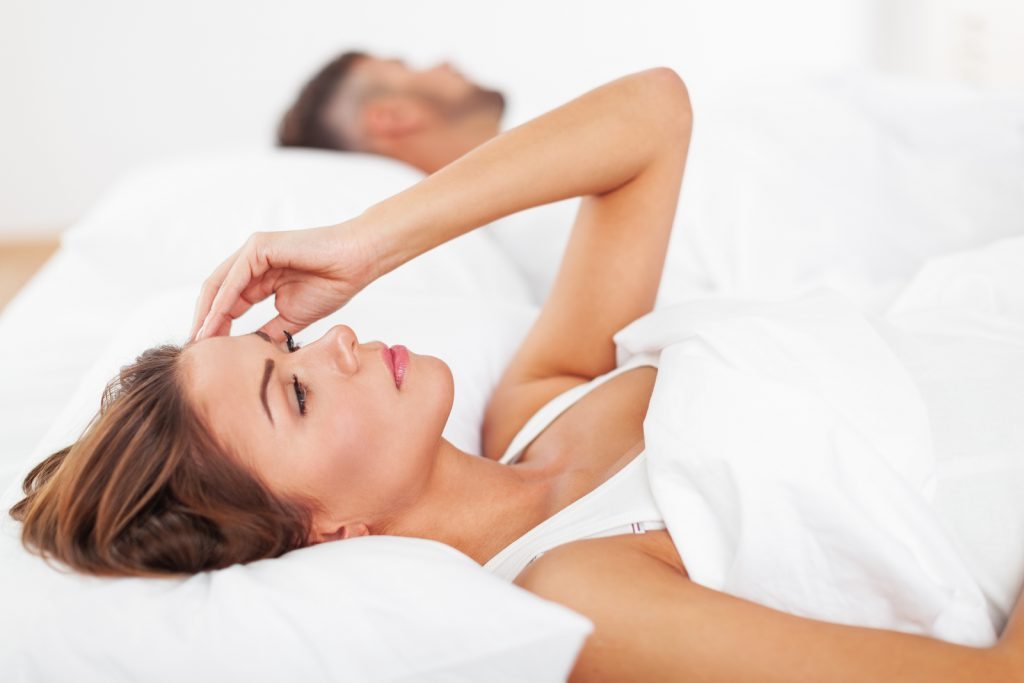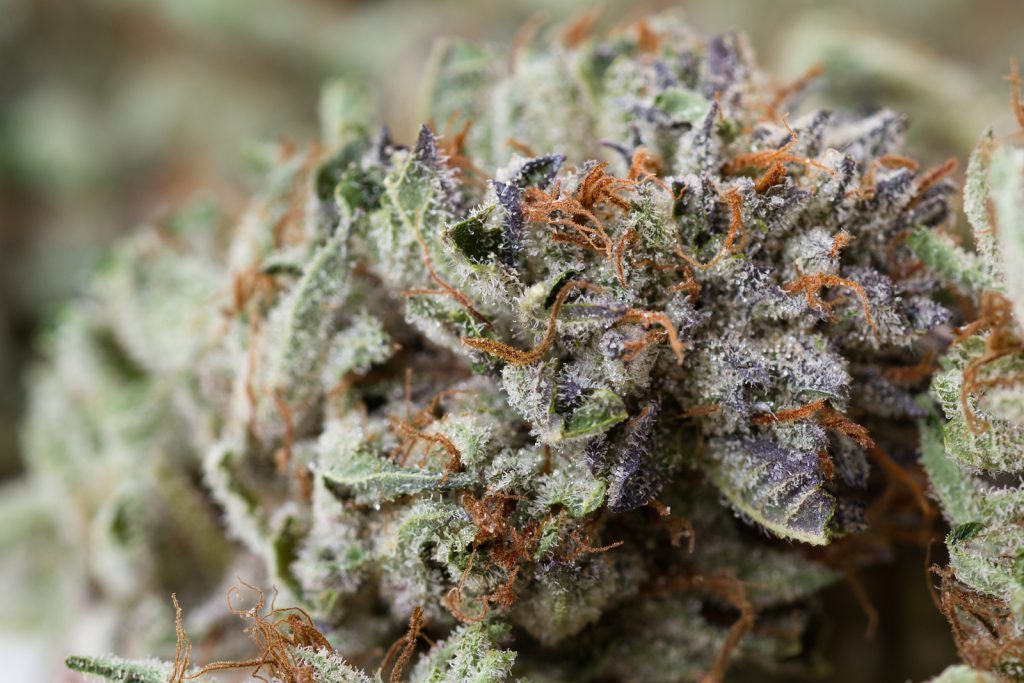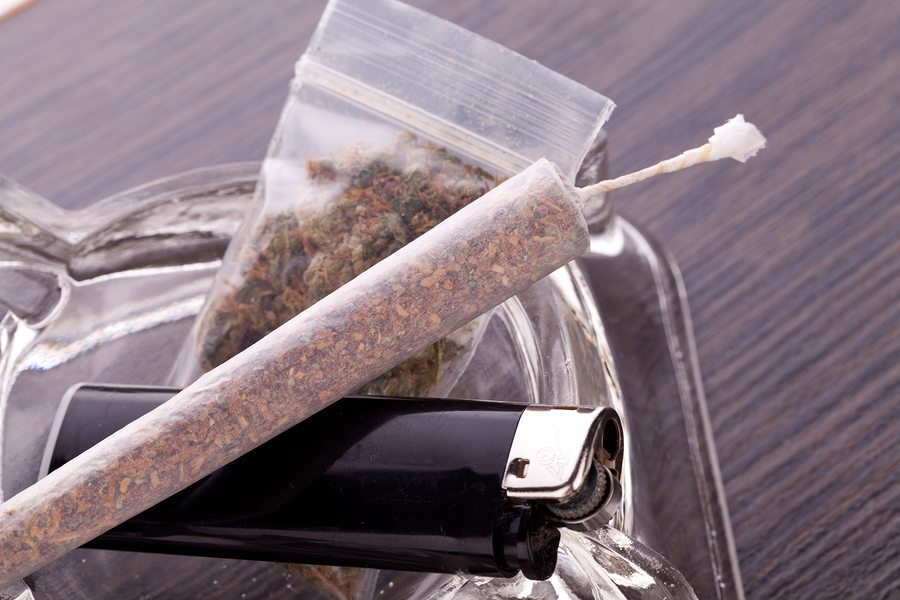While no two people are identically affected by Cannabis, most report feeling sleepy or drowsy. So why do the effects of marijuana often include feelings of lethargy? And could this have useful medical applications for people who suffer from insomnia and other sleep disorders?
Why Does Cannabis Make Me Feel So Tired and Drowsy?
It probably goes without saying that movies and TV shows take some artistic license when it comes to depicting Cannabis use and its effects. However, there are a few seeds of truth in the exaggerated “sleepy stoner” stereotype we’ve come to know through characters like Shaggy, Cheech, and Chong. That said, you don’t have to be a heavy user in order to experience marijuana’s well-known soporific effects. In fact, many people report feeling drowsy even when using Cannabis infrequently and in small quantities.
But why?
Like most questions about the effects of Cannabis, the answer lies in THC (Tetrahydrocannabinol) and other Cannabinoids, which are chemical compounds in marijuana that act on CB1 Cannabinoid receptors in the brain. As one study from Progress in Neuro-Pyschopharmacology & Biological Psychiatry stated in no uncertain terms, “The activation of the CB1 receptor leads to an induction of sleep.” (The same study also noted that “experimental evidence shows that the administration of Delta9-THC promotes sleep.”)

THC and other Cannabinoids, which are responsible for marijuana’s psychoactive effects – in other words, the feeling of being “high” – mimic compounds called endocannabinoids, which are naturally produced in the body and which also work on Cannabinoid receptors. The endocannabinoid system plays a key role in regulating human sleep cycles (not to mention a few other vital functions, including memory, learning, and the perception of pain).
But Can’t Marijuana Also Make You Restless or Anxious? What Causes Different Reactions?
Because using marijuana stimulates the production of dopamine – a chemical most famous for its role in “rewarding” pleasurable activities like sex and eating – it can actually have the opposite effect, sometimes causing restlessness, anxiety, and difficulty sleeping. Ultimately, it depends on how the individual patient responds, which itself depends on the quantities and even types of Cannabinoids administered.
This has been reflected by a few different studies, such as a 1998 study published in Pharmacology Biochemistry & Behavior, which asked 55 male volunteers to rate their subjective sensations after smoking marijuana. The study came to mixed conclusions: “Paradoxical subjective effects were observed in that subjects reported some stimulation as well as sedation after smoking marijuana.”
A more recent study, published in the Journal of Clinical Pyschopharmacology, also had mixed results. However, unlike the 1998 study, the Psychopharmacology study attributed variations in user experience to the use of THC versus the use of a Cannabinoid called CBD (Cannabidiol), suggesting that different strains might produce very different effects:
“There were no effects of 15 mg THC on nocturnal sleep. With the concomitant administration of the drugs… there was a decrease in stage 3 sleep, and with the higher dose combination, wakefulness was increased. The next day, with 15 mg THC, memory was impaired, sleep latency was reduced, and the subjects reported increased sleepiness and changes in mood… and with the higher dose combination, subjects reported increased sleepiness… 15 milligrams THC would appear to be sedative, while 15 mg CBD appears to have alerting properties as it increased awake activity during sleep and counteracted the residual sedative activity of 15 mg THC.”
Improving Sleep and Providing Relief from Insomnia
Insomnia affects a huge number of Americans: about 30% of U.S. adults, according to the American Academy of Sleep Medicine. The CDC is only slightly more conservative, estimating that up to 70 million Americans – about 22% of the national population – suffer from insomnia and other sleep disorders. Unfortunately, thanks to our iPhone-fueled, increasingly stressful lifestyles, more and more of us are likely to join their ranks in the years to come. Some individuals are already at an elevated risk, including:
- People who have been diagnosed with depression.
- People whose jobs involve traveling across time zones, like truckers and pilots.
- People with chronic pain, respiratory disorders, or other medical conditions that disrupt sleep, such as anxiety, restless leg syndrome, arthritis, and asthma.
- Women who are going through menopause.

While a few people do report increased feelings of anxiety or increased alertness while using Cannabis – a risk you should discuss with your physician – the majority find that Cannabis helps to induce relaxation and encourage sleep, which makes it a treatment option worth considering if pharmaceutical sleep-aids have yielded poor or mixed results for you in the past. Marijuana’s ability to promote sleep has been documented in numerous studies, with just a few examples cited below:
- Journal – Clinical Neuropharmacology
- Published – 2014
- Findings – “…Significant improvement of sleep and pain scores. No significant adverse effects of the drug were observed.”
- Journal – Neurology
- Published – 2014
- Findings – “The survey was given to 127 patients and 102 were completed (93% response rate). In total, 21% reported current or prior use of medical marijuana to treat their ALS symptoms. Of that 21%, large majorities considered it very effective in… aiding sleep (65%).”
- Journal – Journal of Acquired Immune Deficiency Syndromes
- Published – 2007
- Findings – “Effects of marijuana and dronabinol were comparable, except that only marijuana (3.9% THC) improved ratings of sleep.”
Of course, at the end of the day there is no guaranteed method of predicting how you, individually, will be affected by Cannabis. However, what I can tell you with certainty – and what’s reflected in the studies above – is that many of my patients, after struggling for months or years with largely useless prescriptions and over-the-counter sleep aids, report finally being able to achieve restful, peaceful sleep when using Cannabis. For most people, marijuana acts as a gentle, calming sedative with minimal, short-lived side effects (typically limited to dry mouth and increased appetite).
If your quality of life is being negatively impacted by insomnia or other chronic sleep disorders, you may be a good candidate for medical Cannabis. Call Dr. Tishler at (617) 477-8886 to start discussing using medical marijuana to treat insomnia in a private consultation today.

